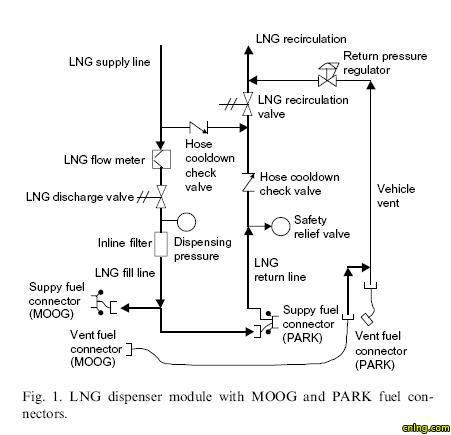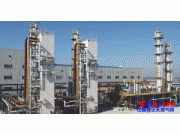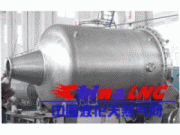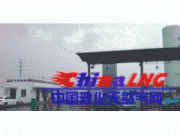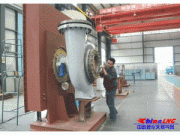免职声明:本网站为公益性网站,部分信息来自网络,如果涉及贵网站的知识产权,请及时反馈,我们承诺第一时间删除!
This website is a public welfare website, part of the information from the Internet, if it involves the intellectual property rights of your website, please timely feedback, we promise to delete the first time.
电话Tel: 19550540085: QQ号: 929496072 or 邮箱Email: Lng@vip.qq.com
摘要: Liquefied natural gas (LNG) is being developed as a transportation fuel for heavy vehicles such as trucks and transit buses, tolessen the dependency on oil and to reduce greenhouse gas emissions. The LNG stations are properly designed to prevent..
|
Liquefied natural gas (LNG) is being developed as a transportation fuel for heavy vehicles such as trucks and transit buses, to |




